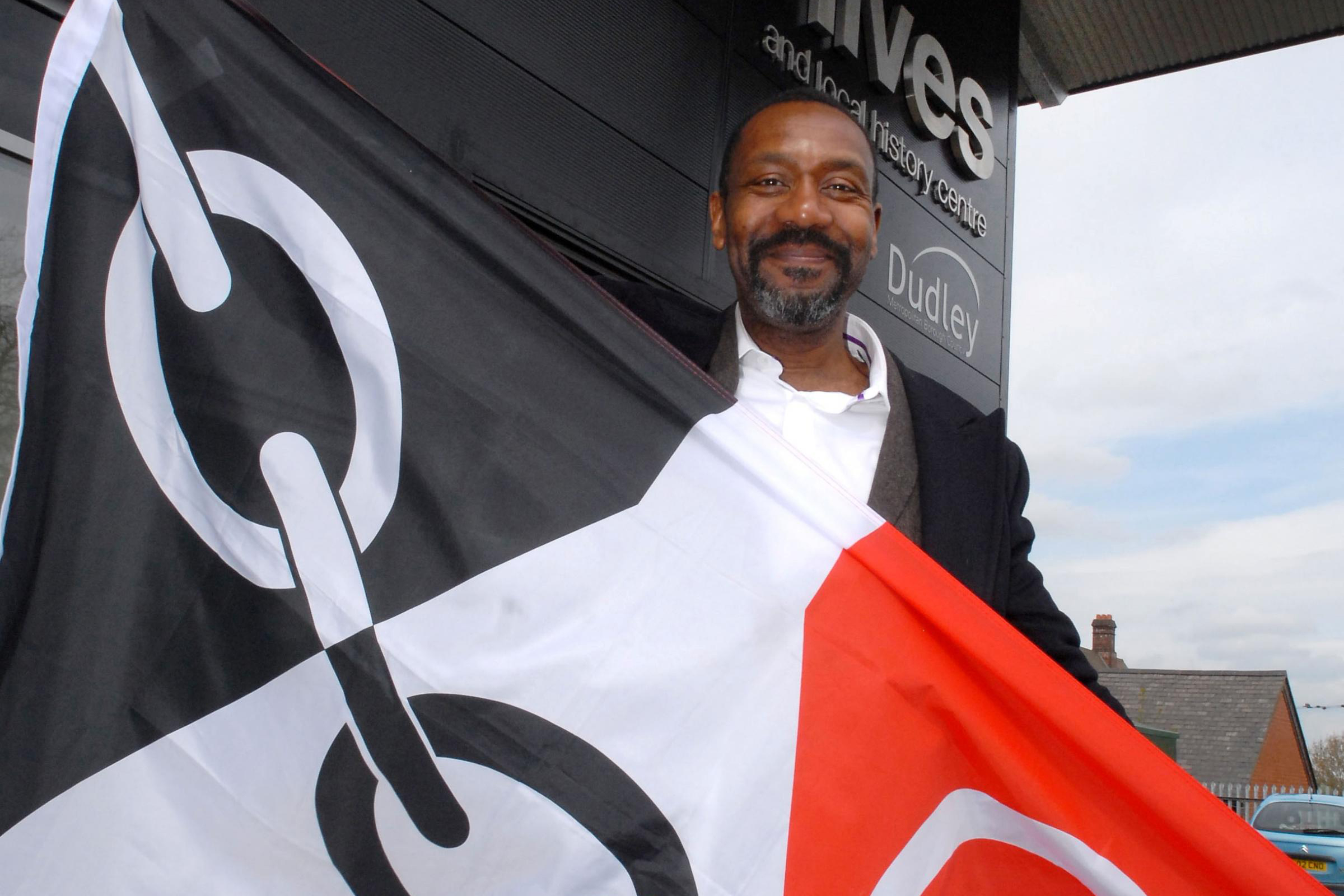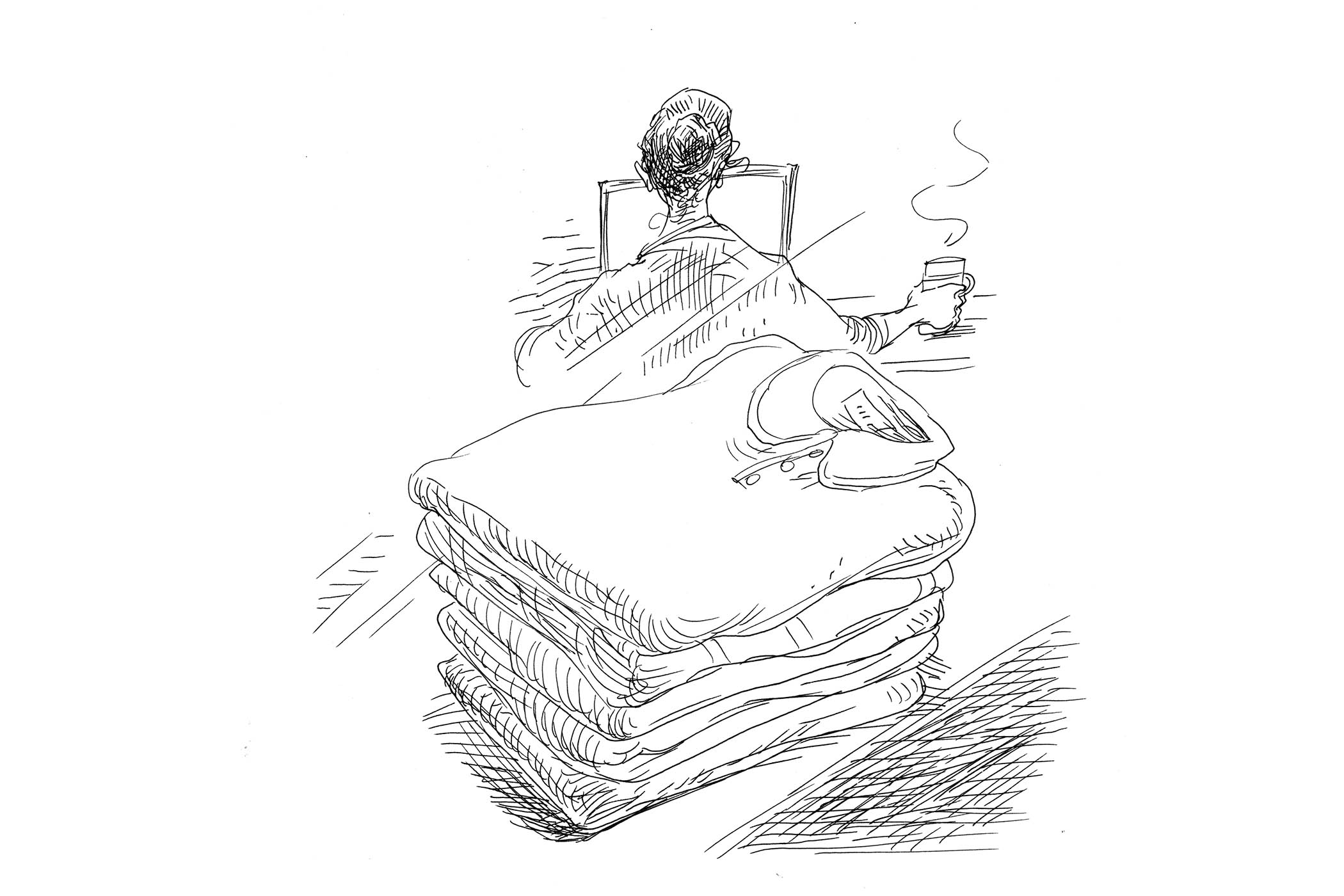In 1791, during a debate on the abolition of the slave trade, the MP for Chester, Thomas Grosvenor, claimed in the House of Commons that he had “20 reasons for disapproving the idea”, the first being “it was impossible”. Declining to offer the remaining 19 reasons, he acknowledged that slavery was not “an amiable trade” but neither was “the trade of a butcher ... and yet a mutton chop is, notwithstanding, a very good thing”. More than 200 years later, in 2024, the prime minister of Barbados, Mia Mottley, withheld a £3m payout to his descendant, Richard Grosvenor Plunkett-Ernle-Erle-Drax (then Britain’s wealthiest MP, who owns 14,000 acres of land including a 7,000-acre estate in Dorset), for land from his family’s sugar plantation on the Caribbean island, implying instead that reparations “ought to be made as a result of the blood, sweat and tears of Barbadians over centuries”.
Between the mid-16th and early 19th centuries, more than three million Africans were forcibly transported across the Atlantic by the British to be sold at auction or put to work on Caribbean plantations producing sugar and other commodities for export. Though formal abolition of the practice finally took effect in 1807, the triangular transatlantic trade – in which ships carried arms and other goods from Europe to Africa, then transported slaves to North America, and finally returned to Britain carrying commodities such as sugar and tobacco – propelled the nation’s expansionist ambitions, driving consumer demand and accumulating capital to boost the imperial economy. By the early 20th century, the British empire held sway over a quarter of the globe. In the aftershocks of war and decolonisation, monetary compensation has been proposed by a handful of African and Caribbean leaders, such as Mottley, to help repair the damage to their countries and address the legacies of slavery.
Determined to quieten these voices is the author of Reparations: Slavery and the Tyranny of Imaginary Guilt, Nigel Biggar, an Oxford theologian ennobled by Conservative leader Kemi Badenoch, who described him as a “free speech champion” who “dared to speak the truth that our colonial history was not all bad”. Lord Biggar asks if Britain is experiencing “false guilt” about the past, placing us “at the mercy of manipulation by our enemies”. It’s not just his own country – the entire “Anglosphere” is under threat, especially Canada and Australia, proudly described as “creations of British colonial endeavour”, conveniently sidestepping any mention of the genocide of their Indigenous populations.
A Christian, Biggar sees “human beings as creatures, not gods” and, in so many respects, “unequal – in beauty, intelligence, moral virtue, physical strength, material resources, political power, opportunity and, yes, potential”. Slavery, though “highly objectionable”, was “a universal institution that had existed from the dawn of time” – present in seventh century China and amid Incas, Aztecs and Vikings, not to mention “throughout the Islamic world”. Britain’s use of slaves was not extraordinary, Biggar argues – as in any large-scale human society a division of labour was needed, “whereby some sit in a planning office while others dig ditches”.
Blurring the lines between ethics and wealth, he writes that to be “morally right, a policy must primarily intend or want something good or valuable”: we had a “duty” to pursue our own interests. Quick to provide “rationale” for crown actions, he uses every argument in the arsenal – some overlapping, others contradictory – to exonerate the empire. Slavery was bad but it was legal, preferable to slaughter and led to national advantage, Biggar writes; nevertheless, he claims, it was good that Britain ended it and we should be celebrated for our abolitionist movement. He argues that the slave trade “varied in its moral quality” and left descendants of slaves unaffected; yet elsewhere contends that “we are all affected” psychologically and materially by the traumas of the past, and asks: in the scale of human suffering, why should transatlantic slavery stand out?
The 2023 Brattle report calculated that the UK owes about £18tn to 14 countries
The 2023 Brattle report calculated that the UK owes about £18tn to 14 countries
A smattering of obscure jurists and esoteric clerics are referenced, but the experiences of those enslaved are barely acknowledged – observed from a distance as a homogeneous mass, objects, ultimately, of Britain’s bountiful mercy. Biggar encourages us instead to think of the people for whom slavery’s abolition had an immediate impact: plantation owners dealing with the economic shock; the British public paying more for sugar.
Those who oppose Biggar’s views are “cartoonish” at best, “neo-Marxist” at worst; holding “prima facie crazy” ideas and prone to “shoddy reasoning”. Fellow Anglicans publishing the Church of England’s 2019 research into historic links with transatlantic chattel slavery – in which the practice is held somewhat responsible for “the racial and class divisions… in our society and, regrettably, in our church” – are accused of an absence of “intellectual diversity”, and an unwillingness to subject their work to “critical testing”. The great Enlightenment battle between rational thought and religious belief plays out in his mind as he distorts scripture with the language of the 21st-century culture wars: “Jesus pointed out, humility can be infected by pride – or, more precisely, by public virtue signalling,” not pausing to contemplate that as a moral philosopher he is, by definition, a professional virtue signaller.
Multiple chapters in Biggar’s book rebut arguments in favour of reparations: the former Trinidadian prime minister Eric Williams’s claims about the trade’s “enormous” contribution to Britain’s industrial development, the Caribbean Community (Caricom) Reparations Commission’s 10-point proposal for financial and cultural redress, and 2023’s Brattle report, which calculated that the UK owes about £18tn to 14 countries.
All three are endorsed in Lenny Henry’s The Big Payback: The Case for Reparations for Slavery and How They Would Work, his third book co-written with Marcus Ryder. Like Reparations, The Big Payback is not a work of historical scholarship. Rather, the authors, coming from broadcast backgrounds, aim to demystify slavery reparations through storytelling and conversation. The book’s breezy tone is comparable to a podcast, flitting between Ryder’s more complex explainers and Henry interjecting with jokes and charting his own personal journey. “Until I can put something in a narrative,” he notes, “I cannot fully understand it.” A play he has written on the issue is included at the end.

Above: an illustration depicting captives being brought aboard a slave ship off the west coast of Africa, circa 1880; main pic: Lenny Henry with the flag celebrating the industrial history of his home town of Dudley, April 2014. He only later came to the realisation of its association with the slave trade.
Henry seeks inspiration from African American cultural figures such as Spike Lee and Ta-Nehisi Coates, and, more immediately, the Black Lives Matter movement originating in the US, which prompted millions to march against racism “from Kazakhstan to Brazil, from Düsseldorf to Dudley”. The last place happens to be his West Midlands home town – the heart of the Black Country “famous for making anchor and marine chains” used across the British empire – of which he feels deep pride, yet remembers “at the school gates, I’d be racially abused”. This sharply contrasts with Biggar’s contemporaneous reminiscences of public school, where he had an Anglo-Iranian friend “whose name and features marked him out”. Biggar claims he “never once witnessed him suffer, or heard him complain of, racial abuse”.
Newsletters
Choose the newsletters you want to receive
View more
For information about how The Observer protects your data, read our Privacy Policy
Henry, agreeing to open Dudley’s new local history centre (“not quite the Oscars red carpet”), is given a flag to wave, which depicts a chain to celebrate “the manufacturing past of the region”. However, he comes to realise that this “didn’t just represent those chains built for ships such as the Titanic. It also represented the shackles made to hold my enslaved ancestors on slave ships.”
Subsequently, he discovers that “for my entire working life I had been paying compensation to former slave owners” after the Treasury tweets a #FridayFact: “Millions of you helped end the slave trade through your taxes.” It went on to say that, in 1833, Britain used “40% of its national budget, to buy freedom for all slaves in the empire” – a sum “so large” that the money borrowed wasn’t paid off until 2015. The Conservative government of the time took a bullish position on empire’s legacy, from David Cameron urging slavery’s descendants to “move on” to Rishi Sunak’s refusal to apologise for the nation’s trade in human lives, through Boris Johnson commissioning the notorious Sewell report, which triumphantly stated that the period saw Africans culturally “transformed”.
The Big Payback asks some similar questions to those proposed by Biggar – what about other victims of historic injustices? Is any group responsible for the sins of their fathers (and mothers)? Should Africans who participated in the slave trade pay reparations? – and looks at those who benefited in the wake of abolition. In Bristol, “Britain’s premier slaving port”, profits from the trade funded the Clifton Suspension Bridge, parts of the cathedral and university, with the area’s wealthiest businessmen (not to mention “thousands of ‘regular’ Bristolians”) compensated for letting go of former slaves. In 2020, the city was the site of Britain’s own BLM moment when protesters threw into the harbour a statue of slave trader Edward Colston, a Tory parliamentarian Biggar jumps to defend, noting his “wide range of commercial activity” including imports of wine made from “Levantine fruits” and “sugar from the New World”, not stopping to think who toiled for his riches.
Whereas Biggar puts Britain’s relative modern-day prosperity down to “good fortune”, Henry questions whether it is just “coincidence that the countries that became rich due to the transatlantic slave trade are all richer than the countries that were the victims”. Less concerned with drawing money directly from the exchequer, he wishes to witness international financial systems built that gradually lead to a fairer world. Anointing Mottley “the Beyoncé of reparations”, he likes the sound of her Caribbean “Marshall plan” to address regional economic decline. But Henry and Ryder finally settle on a programme of widespread debt cancellation, seized assets diverted from internationally sanctioned countries and a new financial transactions tax (a “Robin Hood tax” that Henry wishes to rename after the Haitian revolutionary Toussaint Louverture) as the ultimate reparations package.
In Britain, support for reparations – concentrated on the Labour left’s backbench and in the still small ranks of the Greens – has struggled to find a parliamentary foothold. However, the threat of wider political pressure and public calls for reparative justice seem significant enough to stir Conservative figures such as Lord Biggar into action: to quell this little uprising, defeat “the tyranny of guilt” and defend the legacies of empire.
Reparations: Slavery and the Tyranny of Imaginary Guilt by Nigel Biggar is published by Forum (£20). Order a copy from The Observer Shop for £18. The Big Payback: The Case for Reparations for Slavery and How They Would Work by Lenny Henry and Marcus Ryder is published by Faber & Faber (£12.99); order from The Observer Shop for £11.04. Delivery charges may apply
Editor’s note: our recommendations are chosen independently by our journalists. The Observer may earn a small commission if a reader clicks a link and purchases a recommended product. This revenue helps support Observer journalism
Illustration courtesy of Alamy


